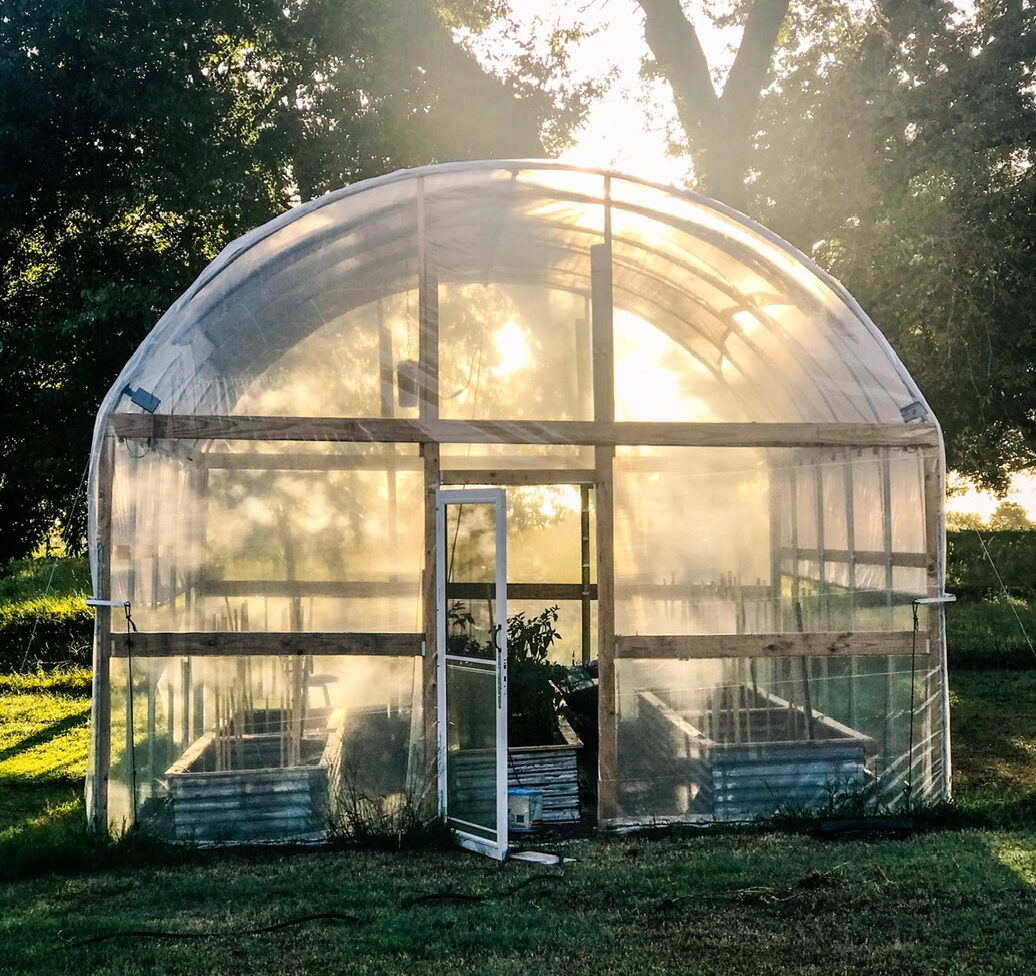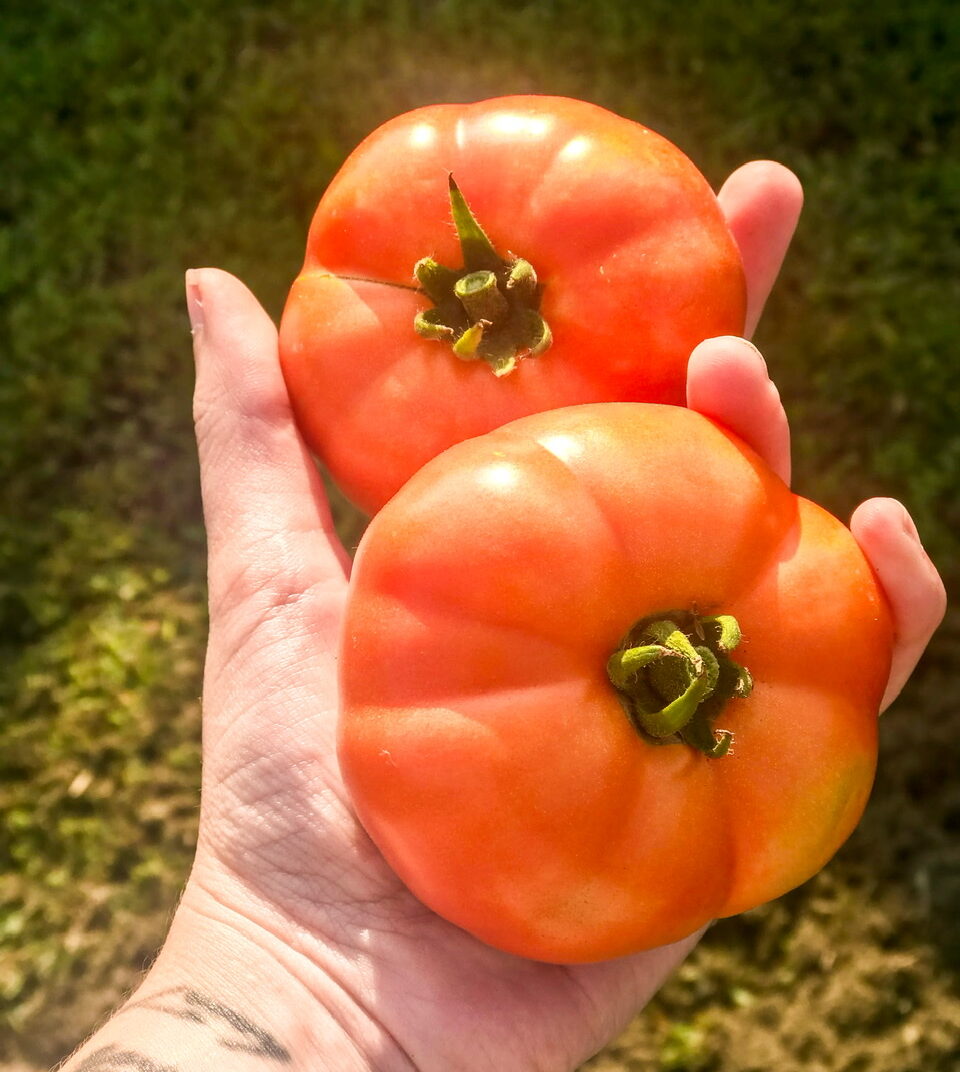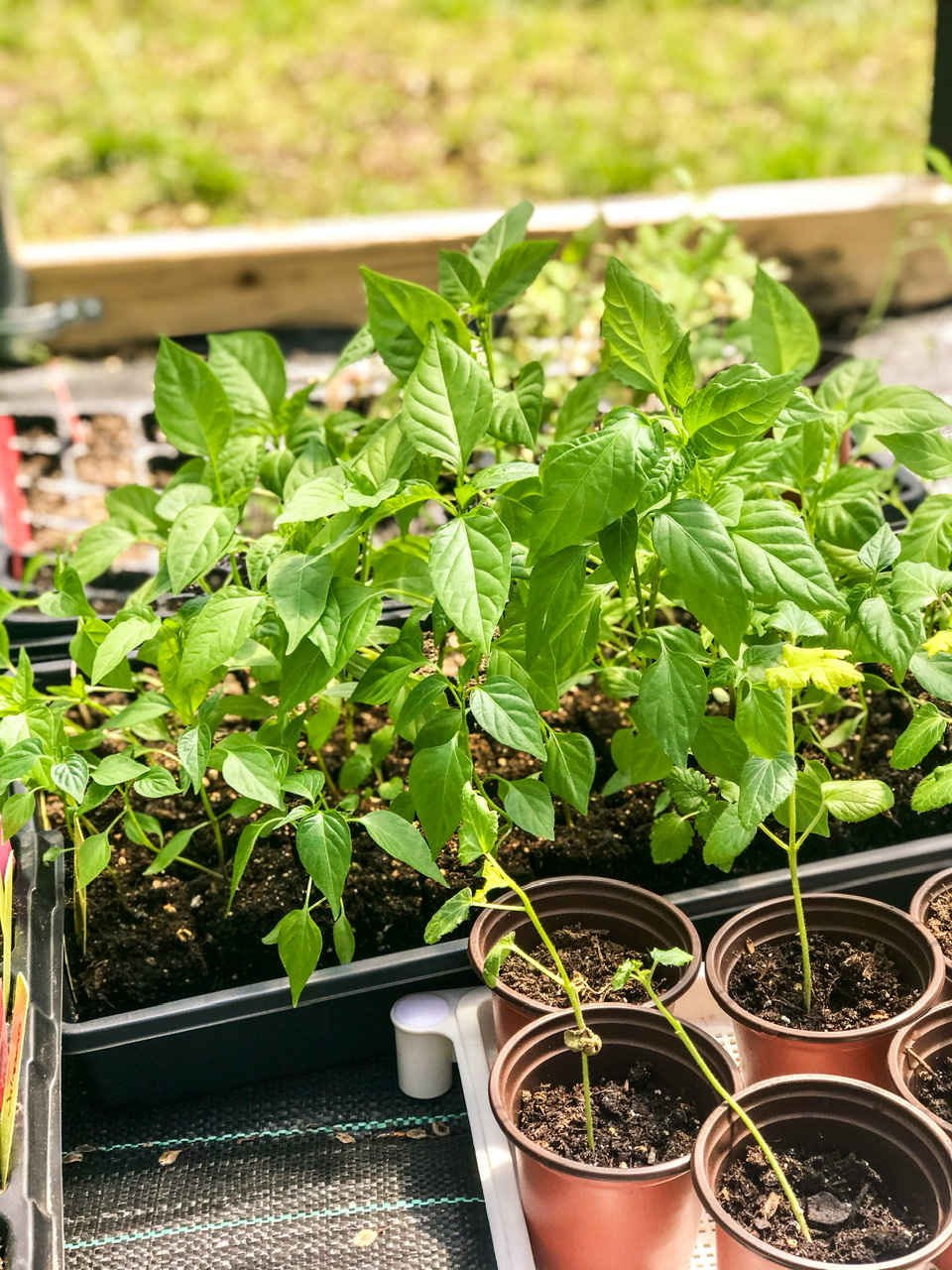We live in a world of convenience. Long gone are the days when most people’s focus is on daily survival. Instead, with the popularity of fast-food restaurants, grocery stores, and online shopping, the focus for most now is living a life of convenience. While this lifestyle may be comfortable, it’s not always the healthiest or most sustainable option.
One way to break out of the convenience trap is to adopt a homesteading mindset. Homesteading is all about self-reliance and sustainability. It involves growing your own food, raising your animals, and creating your own energy. Adopting this mindset will encourage you to take a more hands-on approach to life, learn new skills and become more resourceful.
Homesteading isn’t about becoming a farmer or living off a large amount of land necessarily, but it is about taking control of your own life and becoming more self-reliant.
What is homesteading, and why should you consider it?
Homesteading can be done anywhere. Essentially, it is a way of life where you take care of yourself using your own or local resources. You can do this by growing your food, raising animals, and looking at low-cost ways to reduce or eliminate waste.
Homesteading is not about becoming a farmer or owning 50+ acres of land. Instead, it is about being more self-reliant and using what you DO have.
There are many benefits to adopting a homesteading mindset. Below are a few of the most obvious reasons to look at how you are living and start making some beneficial changes.
1. You’ll learn new skills

The more you get into homesteading, the more skills you’ll learn. Have you ever built a chicken coop or a high tunnel? Well, neither had I until we decided to start our homestead. Necessity is the mother of invention. With limited capital, it quickly became apparent that learning how to do some things ourselves was the most economical way to go. This could include everything from gardening and raising livestock to canning and preserving food. Homesteading isn’t about convenience. Instead, it’s about making do and learning how to do things for yourself.
2. You’ll become more resourceful
When you live a homesteading lifestyle, you learn to be resourceful with what you have. If something breaks, you learn to fix it or do without it. You’ll also start to look at everyday items in a new light and find new ways to use them. For example, you may begin to use mason jars for canning food or storing leftovers instead of buying plastic containers or bags from the store.
When you’re self-sufficient, it’s important to look at items that you can reuse instead of throw away. You’ll start to see opportunities where others may see problems. This is a valuable skill that can be used in all aspects of life.
3. You’ll save money
The up-front cost of creating infrastructure where there is none is not cheap. However, starting a homestead can help you save money in many ways if you consider the costs you can save in the future. For example, growing your own food can help you save on groceries, and raising your own animals can provide you with free (or low-cost) meat, eggs, and milk. You can also save money by learning to repair items instead of buying new ones.
Maintenance is an important aspect when looking at ways to save money and keep costs down. Taking care of your equipment and tools is an easy way to stretch your dollar and ensure that you aren’t having to replace any essentials unnecessarily. This can be as simple as keeping your tools out of the elements, such as rain, and making sure you are keeping an eye on anything that needs yearly maintenance, such as oil changes.
4. You’ll have a greater appreciation for nature
When many people first begin to consider homesteading, one of the appeals is the desire to lead a simple life away from the constant grind culture found in urban areas. When we were first looking to move, we were looking to form a connection with our home and give our daughter the opportunity to play outside safely and get her hands dirty.
Homesteading will help you develop a greater appreciation for nature and the environment. When you live off the land, you realize how connected everything is and how important it is to care for our planet. There is also a simple beauty in nurturing your landscape and finding loveliness in what you are involved in cultivating.
5. You’ll be more self-reliant

One of the main goals of homesteading is to become more self-reliant. This doesn’t mean that your days of going to the grocery store or eating in a restaurant are over. Instead, you work towards taking steps to eliminate the necessity of buying what you can make, grow, or cook yourself.
I used to rely heavily on pre-packaged, processed foods. Not only did I NOT know how to cook, but I didn’t have much wiggle room in my schedule to spend an hour or more in the kitchen. My first, authentic taste of a homegrown tomatoes was life-changing. I knew, even if it was harder, that I was interested in growing a lot of what we ate ourselves.
I enjoy not having to run to the store all the time. Instead, my menu revolves around what we do have and how I can make it an enjoyable meal for my family.
6. You’ll be more sustainable
Homesteading is all about sustainability. This means that you’re not only taking care of yourself, but you’re also taking care of the environment. Growing your food, recycling, composting, and using alternative energy sources can help reduce your environmental impact and make our world a better place.
Even minor changes can make this possible. We store rainwater for our animals, compost our kitchen scraps daily, use solar chargers for our smaller electronics, and eliminate our consumption of single-use plastics. We may not be saving the world single-handely, but I feel better knowing that I am doing what I can to make a difference.
7. It’s healthier
Eating fast and processed foods can be unhealthy, both physically and mentally. By creating a homestead, you are taking steps to lead a healthier life. Growing your own food provides you with fresh, organic produce that’s free of pesticides and other harmful chemicals. Processing your own chickens and even using milk/eggs that your animals produce lessens the possibility that you are ingesting harmful substances that are used to preserve many foods found in big chain grocery stores.
You’ll also be getting plenty of exercise from working in the garden and raising livestock. Working with crops and animals means there is almost always something to do or somewhere to be. This leads to a healthier body and mind. You’ll also be less likely to fall victim to obesity, heart disease, and other health problems that are caused by sedentary living.
8. You’ll be more connected to your food
When you grow your own food, you’re much more likely to appreciate it. It is easy to disregard what work goes into growing and harvesting when you are a consumer at the tail-end of the process. Having a garden and raising animals is a huge eye-opener; nurturing takes time, money, and care. It is an entirely hands-on project.
Raising livestock and growing vegetables guarantees that you know where it came from, how it was developed, and what went into making it. This connection with your food will make you appreciate it more, and you will be less likely to take it for granted.
9. You’ll be more connected to your community
Homesteading is not an individual pursuit. One of the best things about it is that it encourages community involvement. You get to know your neighbors, form relationships, and help each other out. By working together to grow food, raise animals, and share resources, you’ll create bonds with your neighbors that can last a lifetime.
10. You’ll be more connected to your family

If you are looking for a way to connect more with your family, homesteading may be for you. In our modern world, it seems like we all live such disconnected lives and spend a mere few hours with the people we love the most. Work and money get prioritized, while our personal relationships may fall by the wayside.
Homesteading provides bonding opportunities. Working together on a project (and there will be many projects) will create memories that will help you stay attached and stronger than ever. Slowing down gives us chances to learn about each other and spend time together. Investing in your family is one of the most important things you can do to safeguard your and your loved ones’ life-long happiness.
11. You’ll be more independent
One of the best things about homesteading is that it teaches you to be independent. If something breaks or, God forbid, dies, there isn’t anyone besides you who will swoop in and fix things. By learning new skills and working towards becoming more self-reliant, you’ll be able to take care of yourself and your family without having the pressure of looking for others to rely on.
How to get started on your homesteading journey
The best way to start your homesteading journey is to start small. You don’t need a lot of land or resources to get started. Many people begin their journeys by creating container gardens in their small apartment or shopping at their local farmer’s market. It’s important to just begin with what you have and build from there. Here are some things you can do to get started:
- Grow a garden
Even if you only have a small space, you can grow a garden. Start in the ground with some of your favorite vegetables and herbs, or plant them in reusable containers. You’ll be surprised at how much food you can grow in a small space with a bit of time and patience.
- Raise chickens
If you are in an area where you can have chickens, they are a great way to get started in homesteading. They’re relatively easy to take care of and provide you with fresh eggs and meat. You can also raise other animals such as goats, pigs, and cattle, but they do require more space and are generally not allowed in larger cities.
- Collect rainwater
One of the best ways to be sustainable is to collect rainwater. This can be used for watering your garden or washing your clothes. Not only is this easy to do, but many vegetable gardens thrive with the exclusive use of rainwater as opposed to treated city water. You can even use it for drinking if you filter your water correctly.
- Compost your food scraps
Composting is a great way to reduce your environmental impact and amend your growing garden. You can use aged compost to fertilize your plants. It’s free, sustainable, and a great way to recycle any scraps, soil, leaves, or grass clippings.
- Use alternative energy sources
There are many alternative energy sources that you can use on your homestead. These include solar power, wind power, and hydroelectricity. While these options are relatively expensive, small steps, such as using solar charges and even solar lights, can help cut down on your electricity usage. Using these energy sources can help you reduce your impact on the environment.
Adopting a homesteading mindset

Self-sufficient living is becoming more and more popular as people are looking for ways to reduce their dependence on the grid. There are several benefits to self-sufficiency, including financial independence, improved health, and a closer connection to nature.
There are many ways to become self-sufficient, but one of the best ways is to adopt a homesteading mindset. This way of thinking will encourage you to take a more hands-on approach to life, learn new skills and become more resourceful.
0


